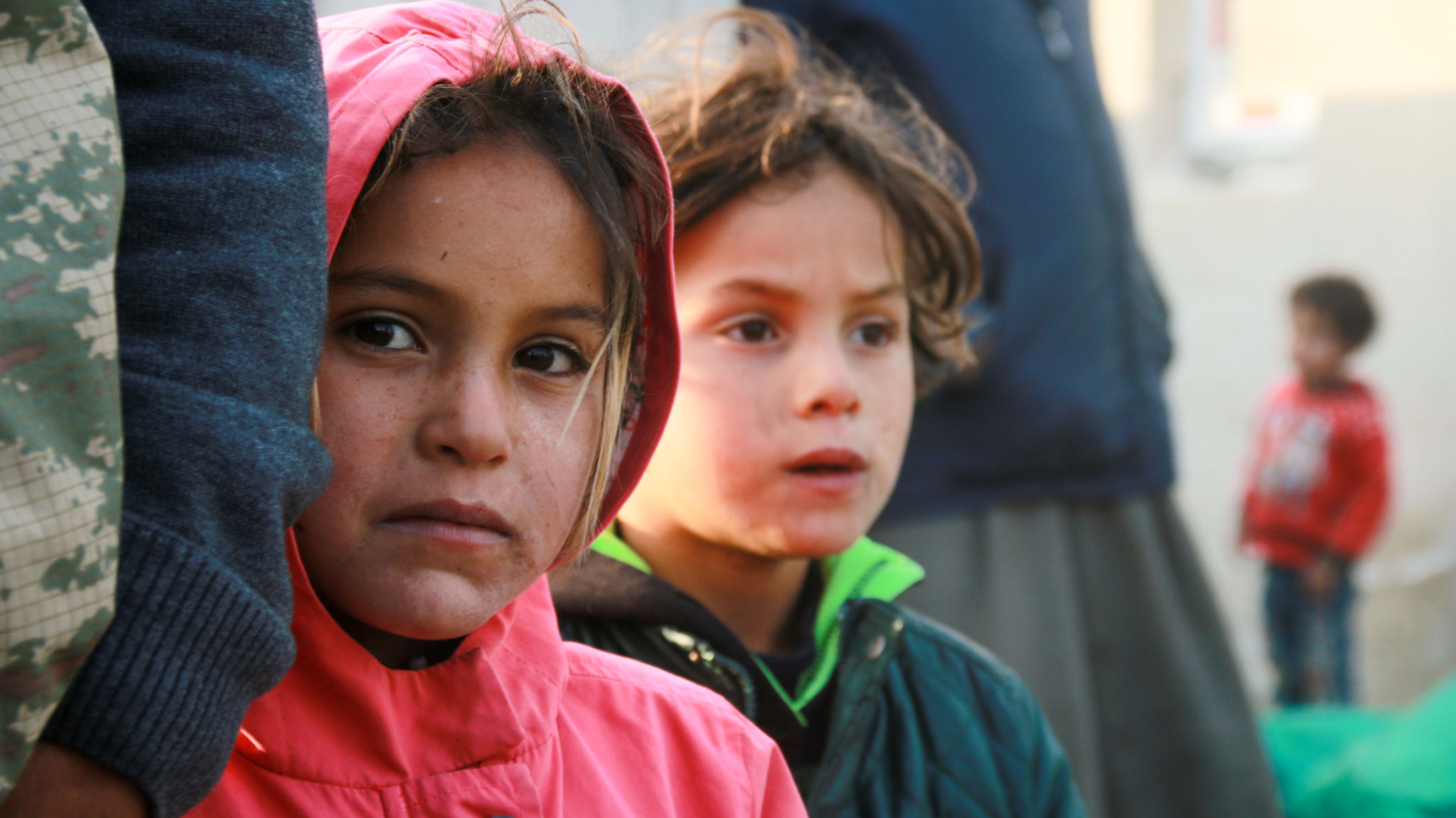Debunking Myths: Refugee Youths and Employment Challenges
Understanding the Barriers: Myths vs. Reality
Refugee youths often face numerous challenges when it comes to employment. Unfortunately, many myths surrounding these challenges only serve to exacerbate the difficulties they encounter. It's crucial to distinguish between these misconceptions and the reality of the situation to foster a more inclusive and supportive environment.
One common myth is that refugee youths are unwilling to work. In truth, many are eager to find employment and contribute to their new communities. However, various barriers, such as language proficiency and recognition of qualifications, can hinder their job search.

Myth: Refugee Youths Lack Skills
A prevalent misconception is that refugee youths lack the skills necessary for employment. This is far from accurate. Many of these young individuals come with a wealth of skills and experiences from their home countries. However, the challenge lies in translating these skills into the context of their host country’s job market.
Efforts are needed to provide tailored support, such as vocational training and mentorship programs, to help bridge gaps between existing skills and local employment requirements. These initiatives can significantly enhance the employability of refugee youths.
The Role of Language and Communication
Language barriers are another significant hurdle that refugee youths face. Proficiency in the host country's language is often crucial for securing employment. While many refugees work hard to learn a new language, it takes time and resources that may be limited due to other pressing needs.

Providing accessible language training is essential, but it's equally important for employers to foster a supportive environment where communication can thrive despite language differences. This can include offering language support services within the workplace or considering bilingual job roles.
Myth: Refugee Youths Do Not Integrate Well
Another myth suggests that refugee youths struggle to integrate into the workforce due to cultural differences. While cultural adaptation can be a challenge, many refugee youths are highly motivated to integrate and succeed in their new environments.
Employers can play a pivotal role in this process by promoting diversity and inclusion within their organizations. By valuing diverse perspectives and fostering an inclusive culture, businesses can not only support refugee youths but also benefit from the unique insights they bring.

Empowering Refugee Youths Through Support
Addressing these myths and challenges requires a concerted effort from governments, NGOs, and businesses alike. By providing targeted support and creating opportunities for refugee youths, we can empower them to overcome employment barriers.
Such support might include mentorship programs, internships, and apprenticeships that offer valuable work experience and networking opportunities. Additionally, recognizing and validating foreign qualifications can open doors for many skilled refugee youths.
Ultimately, debunking myths and addressing employment challenges for refugee youths not only benefits the individuals involved but also enriches the communities they join. By working together, we can create a more inclusive society where everyone has the opportunity to succeed.